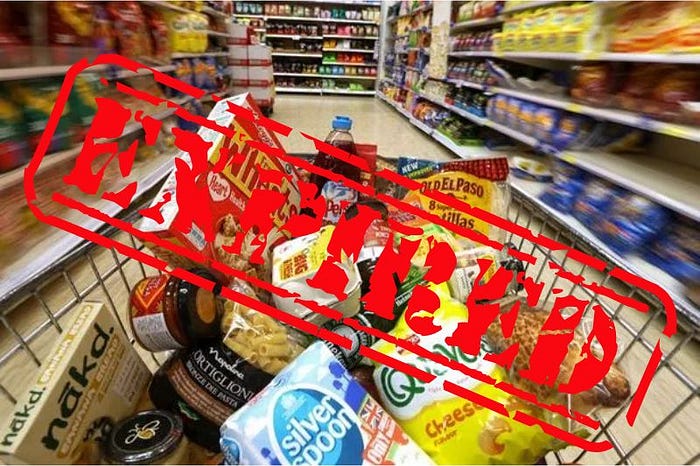Unlocking Sustainability: Waste Collection Initiatives
In an era where sustainability is at the forefront of global consciousness, businesses are increasingly recognizing their role in minimizing environmental impact. Among the myriad strategies employed, one stands out for its dual benefits: commercial food waste collection. This innovative approach not only mitigates ecological harm but also fosters economic advantages for businesses willing to embrace change.

Understanding the Scale of the Issue
Food waste is a significant problem worldwide, with commercial establishments contributing a substantial portion. According to the Food and Agriculture Organization (FAO) of the United Nations, approximately one-third of all food produced for human consumption is lost or wasted globally each year. In developed countries, the commercial sector, including restaurants, hotels, and catering services, accounts for a considerable share of this waste.
The Environmental Imperative
The environmental ramifications of food waste are profound. Rotting food in landfills produces methane, a potent greenhouse gas that contributes to climate change. Moreover, the resources expended in producing, transporting, and processing wasted food exacerbate ecological strain. By diverting organic waste from landfills through commercial food waste collection programs, businesses can significantly reduce their carbon footprint and conserve resources.
The Economic Incentive
Beyond environmental stewardship, commercial food waste collection offers tangible economic benefits. Many businesses initially hesitate due to perceived costs; however, implementing a waste management system can lead to substantial savings in the long run. By segregating organic waste for collection, companies can reduce disposal fees associated with mixed waste streams. Additionally, organic waste can be repurposed through composting or anaerobic digestion, generating valuable by-products like fertilizer or biogas that can offset operational expenses.
Social Responsibility and Reputation
In an increasingly socially conscious marketplace, consumers are scrutinizing businesses’ sustainability practices. Adopting commercial food waste collection initiatives demonstrates a commitment to corporate social responsibility, enhancing brand reputation and customer loyalty. Consumers are more likely to patronize businesses that align with their values, providing a competitive edge in a crowded marketplace.
Regulatory Compliance
As governments worldwide enact stricter regulations to address environmental concerns, businesses face increasing pressure to comply with waste management standards. Implementing commercial food waste collection not only ensures regulatory compliance but also positions companies as proactive agents of change. By staying ahead of legislative mandates, businesses can avoid penalties while bolstering their environmental credentials.
Best Practices for Implementation
Successfully integrating commercial food waste collection into business operations requires a strategic approach. Collaboration with waste management professionals is essential to tailor solutions to the specific needs of each establishment. Employee training and engagement are also critical; staff must understand the importance of waste segregation and be empowered to participate actively.
Case Studies in Sustainability
Numerous businesses have already embraced commercial food waste collection with remarkable success. Restaurants, hotels, and food manufacturers worldwide have implemented innovative waste management systems, yielding impressive environmental and economic outcomes. From large-scale composting facilities to decentralized on-site digestion units, diverse approaches demonstrate the versatility of sustainable solutions.
Looking Ahead: The Future of Waste Management
As awareness of environmental issues continues to grow, the momentum behind commercial food waste collection is likely to intensify. Technological advancements, coupled with evolving consumer preferences, will drive innovation in waste management practices. Businesses that proactively embrace sustainability stand to reap not only financial rewards but also the satisfaction of contributing to a healthier planet for future generations.
Conclusion
Commercial food waste collection represents a powerful convergence of environmental responsibility and economic opportunity. By diverting organic waste from landfills, businesses can mitigate ecological harm, reduce costs, enhance reputation, and ensure regulatory compliance. As the imperative for sustainability grows, commercial food waste collection initiatives will play an increasingly integral role in shaping a more environmentally conscious future. Embracing this paradigm shift is not only a sound business decision but a moral imperative in the quest for a more sustainable world.
.jpg)
Comments
Post a Comment